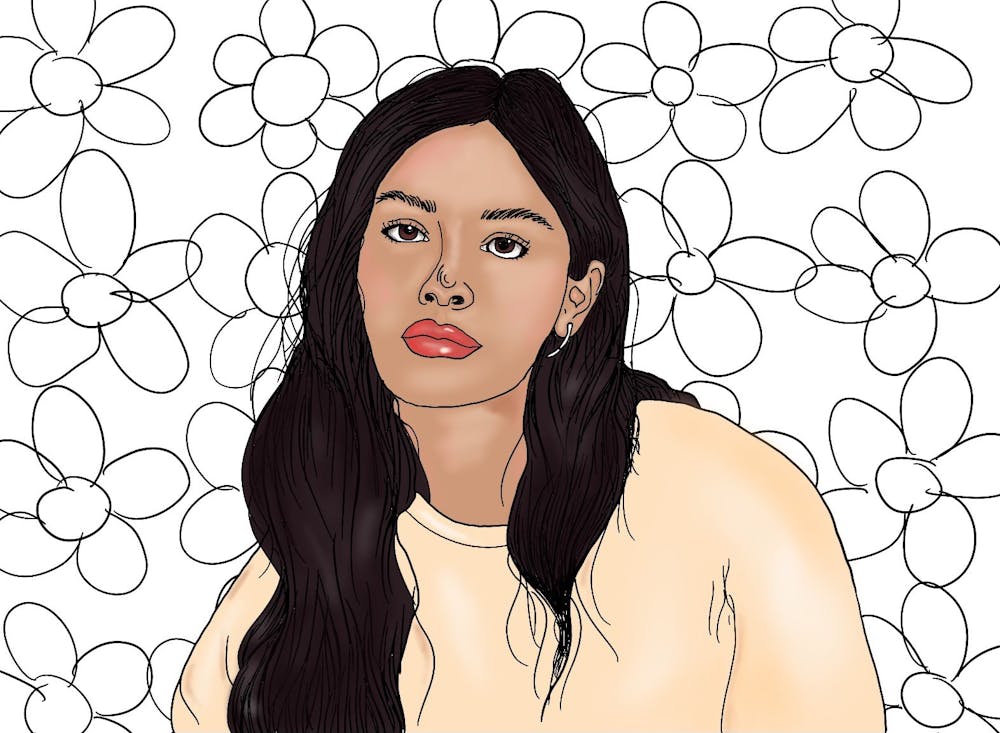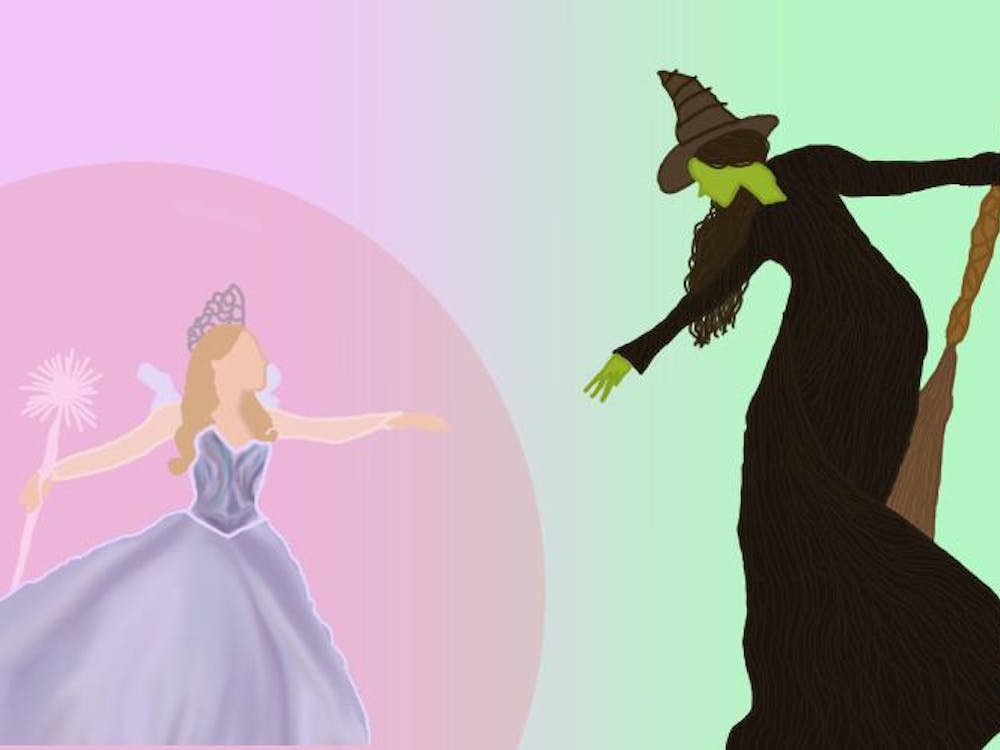After spending much of last year touring with Olivia Rodrigo — one of Gen Z’s most recognizable pop stars — singer-songwriter Gracie Abrams is currently gearing up to tour with Taylor Swift this upcoming summer, where fans may be able to hear tracks off her debut album. “Good Riddance,” released earlier this month, marks the artist’s first full-length LP.
Abrams’ 2019 debut single “Mean it,” along with the subsequent releases of two EPs, laid down the groundwork for her niche following and the development of her signature bedroom-pop sound.
“Good Riddance” builds off this sonic precedent, further experimenting with her sound through emotive lyricism and delicate instrumentals. The record focuses on themes of loss and change, as Abrams confronts the process of growing up while grieving the losses that come with it.
From the dissolution of romantic relationships, friendships and her childhood, Abrams introspectively confronts painful issues.
Track one on the album — titled “Best” — describes the guilt one feels after a breakup, providing the lyrics that lend the album its name. “You're the worst of my crimes / You fell hard, I thought ‘good riddance,’” Abrams sings, bringing a unique perspective to the traditional breakup-ballad.
Instead of merely lamenting on love lost, Abrams reflects on the relationship and recognizes its shortcomings while expressing regret that she hurt the subject of the song. Working through the complications and contradictions of experiencing loss, Abrams establishes honesty as a central theme of importance for the album.
Track five, “I should hate you,” follows a more conventional outline of breakup songs, with Abrams reflecting on the ways she was mistreated during the relationship. Yet still, she is unable to admit that she hates her former romantic interest. In this way, Abrams remains stuck in the loop of perpetual one-sided devotion that she describes as one of the reasons for the relationship’s failure.
Despite it all, she says “I would bend back to you if you left the door open.”
Perhaps one of the most unique songs on the album due to its quiet yet intricate acoustics, track seven “Amelie” reflects on a different type of loss. The lyricism recounts a brief conversation between Abrams and the song’s namesake, Amelie, before Abrams details her feelings of emptiness once the conversation ends.
Instead of discussing a flame that had already burned out, Abrams’ discusses the pain of a love that she never truly had. She says that she would let Amelie “ruin all [her] days,” even as she is consumed with wondering about her during the present day. In this way, Amelie continues to have an impact on Abram’s life despite no longer being in it.
Following “Amelie,” track eight “Difficult” details the spiraling loss of sense of self that comes with growing up. Abrams displays all her fears in this song, and she describes feelings of inadequacy in her adult life. “Oh, I know spiraling is miserable / I should probably go back home,” sings Abrams before asking, “Why does that feel difficult, difficult?”
The song does not aim to answer this question. Instead, Abrams lists these insecurities and sits with them as an act of acceptance.
The album’s final track, “Right now,” ends the project with a nostalgic yet hopeful view of growing up. The song begins with a crushingly accurate description of homesickness, evolving into a confession of Abrams’ guilt about leaving her family behind as she says goodbye to her childhood home to find her own way.
However, the song moves into a more composite view of adulthood in the chorus, with Abrams singing that despite these feelings, she feels “more alive somehow.” The song fades away as the outro plays, closing the album with the repetition of the phrase, “I feel like myself now,” which serves as a reminder of the album’s central message — though grieving one’s past is painful, the present holds even more promise.







